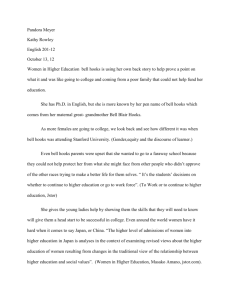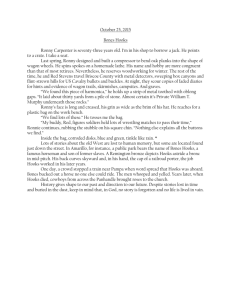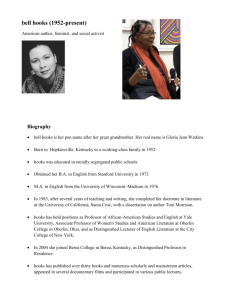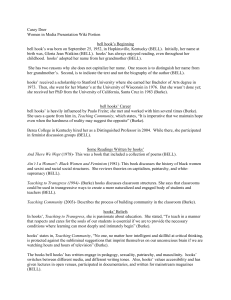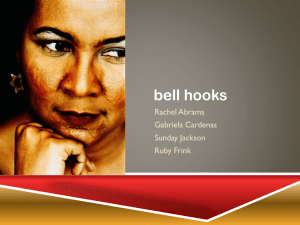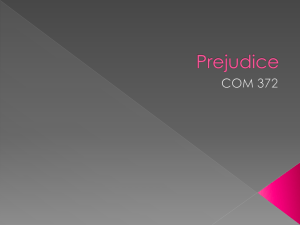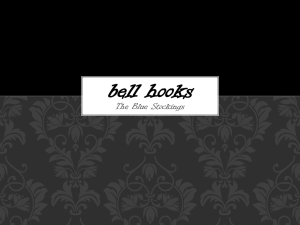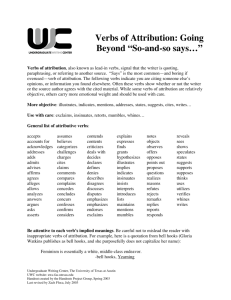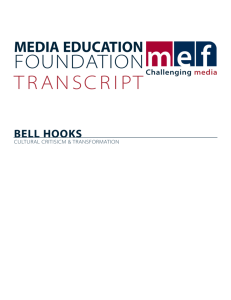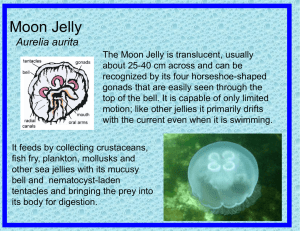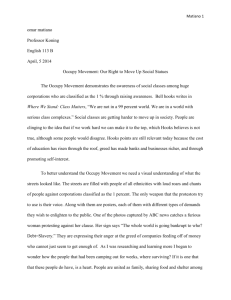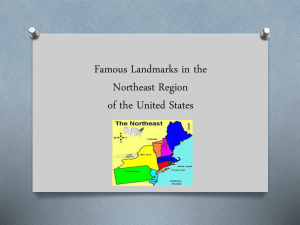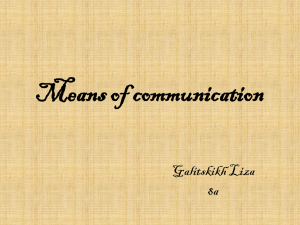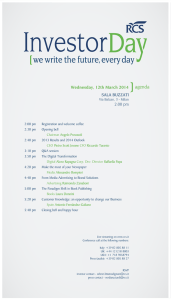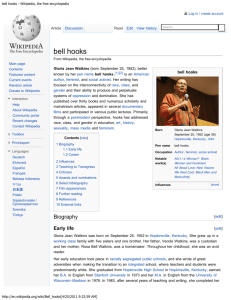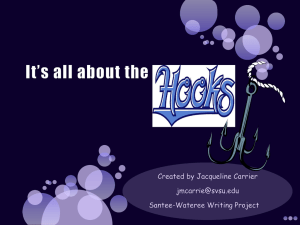bell hooks - Juliet Davis
advertisement
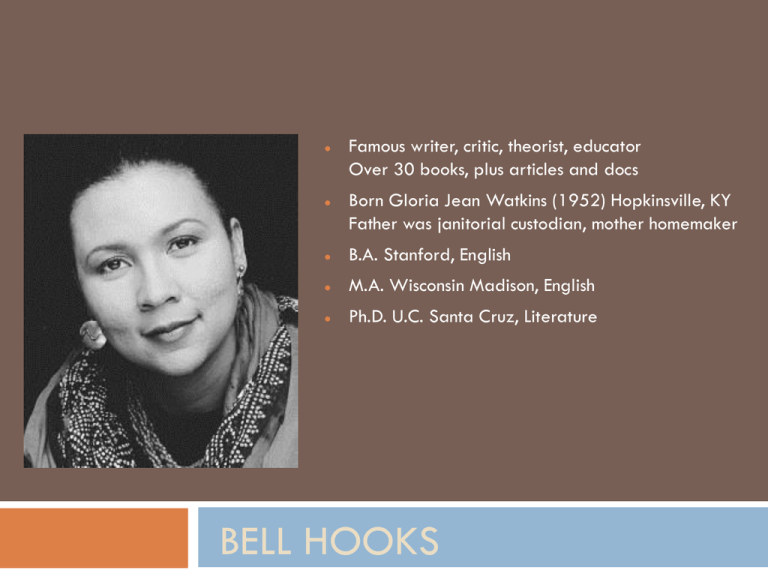
Famous writer, critic, theorist, educator Over 30 books, plus articles and docs Born Gloria Jean Watkins (1952) Hopkinsville, KY Father was janitorial custodian, mother homemaker B.A. Stanford, English M.A. Wisconsin Madison, English Ph.D. U.C. Santa Cruz, Literature BELL HOOKS Critical Thinking What is “critical thinking,” and why does bell hooks value it? She believes it's necessary for individuals--of all classes--to understand themselves and their worlds and to solve their problems. Transformation = critical thinking + reading/writing Freedom and justice are linked to mass based literacy. How so? “Major radical interruption” of thought happens with books, not movies? Do you agree or disagree? Why does bell hooks use movies as examples in her critiques of culture? She says popular culture is our primary pedagogical site—it's where we learn about ourselves and our world. What does she mean when she says our minds are being “colonized,” and we need to “decolonized?” What is “motivated representation?” Filmmakers and other media producers make conscious choices about every detail of a film. What choices do we find them making and why? Examples? Disney defining for children what it means to be a “man” or “woman.” Backlashes on feminism through degrading portrayals of women “The only color is green” implies there can be no moral context for any of our choices in a capitalist society. “white supremacist capitalist patriarchy” Why does bell hooks coin this term (in 1989)? She believes these are “interlocking systems of colonization” and that we can't understand our world if we are looking through only one lens What is her criticism of the term “racism” and why does she prefer using the term “white supremacy?” “Racism” keeps white people at the center of discussion (you're a “racist”), whereas “white supremacy” evokes a political world that we can all frame ourselves in relationship to Example: Her sister being demeaned by her grandmother for having nappy hair being an “enlightened witness” What does she mean by this term? Being critically vigilant Hoop Dreams What was bell hooks’ critique of this film? Reflects as much about the filmmakers as the people in the story (that’s always the case) The filmmakers have a message they want to get out: American Idealism Upbeat ending was the thrill: It did not indict the American Dream for its corruption; instead, it said this dream can give your life meaning. The guy who decides to make education his priority is marginalized by the filmmakers. O.J. Simpson Media Coverage What was bell hooks’ critique of this media coverage? The case was already situated as a spectacle. The spectacle was already constructed in a racial essentialist design. There was no way to participate in the event (e.g., write or speak about it) without contributing to that spectacle; there was no way to give a more complex accounting of the event. Domestic violence is one way patriarchy reaffirms and perpetuates itself. But this was seen as purely racial. Madonna What was bell hooks’ critique of Madonna? She claimed to be breaking new ground from feminist perspectives. But she was also wiling to “turn that trick” of playing to sexist and racist sentiments, in order to reinvent herself, make money, etc. “Black men are the most sexist men on the planet” (yet, her white husband had beaten her up) Q: Wasn’t she always turning that trick of sexism and racism before? And speaking of gender performance . . . Hollywood’s “Blackness” Mostly fabricated by white people (e.g., “Waiting to Exhale”). Black filmmakers criticized or thought to just “not get it.” Spike Lee as a “failed filmmaker” (various critics have said this), whereas Woody Allen goes unquestioned. Rap: What does she say about it? The only kind of rap music that gets in the news is misogynistic, so it comes to typify “black music.” Why do we demand that rap be “more moral” than other kinds of music? “America is obsessed with transgression” (it’s perceived as radical), and “blackness is a comodified form of transgression.” White culture isn’t exotic or edgy enough. The racist, sexist stereotypes get reproduced (the hot pussy, the slut, etc.) Capitalism is driving racism just as it’s driving sexism. “When rape and assault become the defining aspects of erotic exchange between black females and males,” that cultural fallout becomes much greater than any wealth an individual or corporation can acquire. “Is rap authentic?” What does she say? “It is already nothing you can speak about as indigenous. It is no longer in that marginalized location. It is authentic to what it is.” QUESTIONS?

